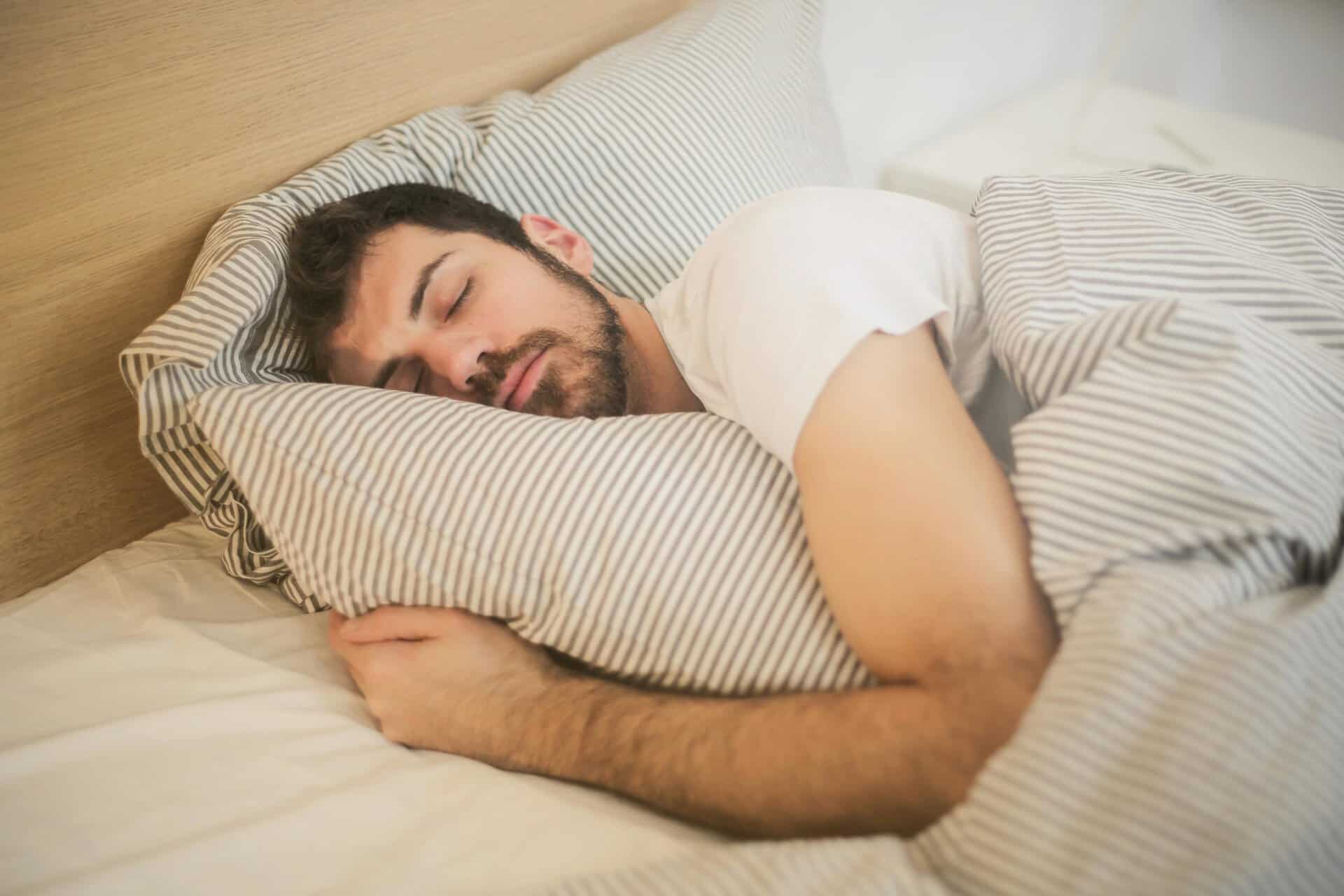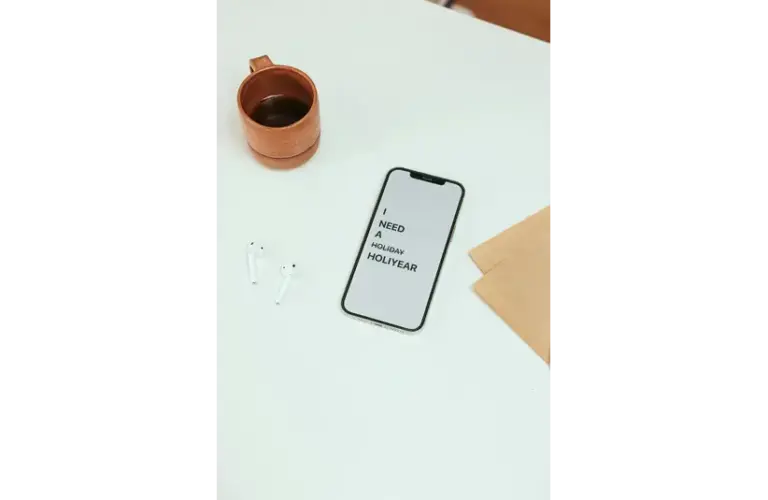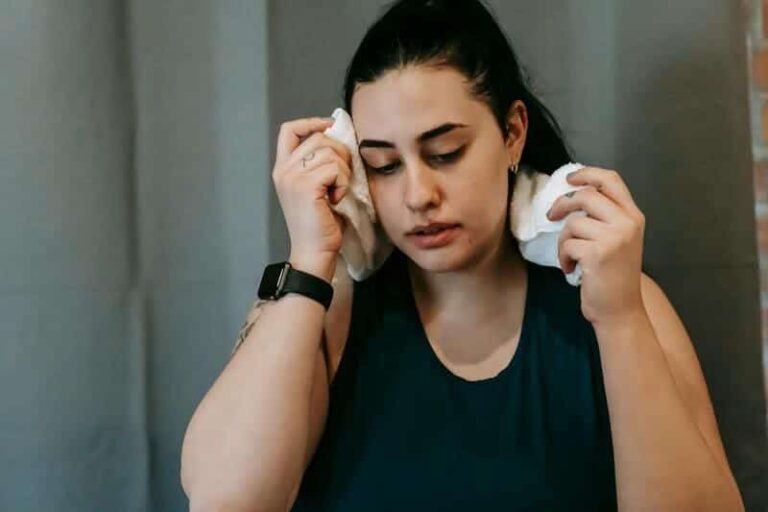How to Sleep Better When the Days Get Shorter
Look, we all know the drill. Summer fades, the days shrink, and suddenly you’re commuting home in the dark like some kind of nocturnal creature. And just when you think you’ve adapted to this whole “eternal darkness” vibe, your sleep schedule decides to throw a tantrum. Welcome to the wonderful world of shorter days, where your body’s internal clock gets more confused than a GPS in a tunnel.
But here’s the thing—you don’t have to surrender to seasonal sleep chaos. With a few strategic adjustments (and maybe some stubbornness), you can actually sleep better during these gloomy months. Let’s dive into why shorter days mess with your sleep and what you can actually do about it.
Why Shorter Days Wreck Your Sleep
Your body runs on something called a circadian rhythm, which is basically a fancy term for your internal clock. This clock tells you when to feel awake, when to feel sleepy, and when to inexplicably crave snacks at 2 AM. It’s heavily influenced by light—specifically, sunlight.
When the days get shorter, your brain starts pumping out melatonin (the sleepy hormone) earlier in the evening. That’s why you might feel like crawling into bed at 7 PM while simultaneously struggling to wake up when your alarm goes off. Your body thinks it’s hibernation season, and honestly, it’s not entirely wrong.
The problem? Modern life doesn’t really accommodate a bear’s sleep schedule. You’ve still got work, responsibilities, and probably a Netflix queue that won’t watch itself. So instead of getting quality sleep, you end up feeling groggy in the morning, desperate for naps, and generally out of sync with your own body.
And it’s not just about feeling tired. Chronic sleep issues can lead to some seriously unpleasant consequences, including weight gain, depression, high blood pressure, and a general sense that life is harder than it needs to be. Fun times, right?
Get More Daylight (Yes, Really)
I know, I know—”get more sunlight” sounds like the most obvious advice ever. But hear me out, because this one actually matters.
Your brain needs daylight exposure to produce serotonin, which is basically the “feel good, stay awake” hormone. When you get enough sunlight during the day, your body knows when it’s time to be alert and when it’s time to wind down. Skip the daylight, and your circadian rhythm gets about as reliable as a weather forecast.
So what can you do? Get outside in the morning, even if it’s just for 10 minutes. Open your curtains as soon as you wake up. If you work indoors (and let’s be honest, most of us do), try to sit near a window or take a quick walk during your lunch break. Natural light is your friend here—artificial lights just don’t hit the same way.
And if you live somewhere that’s basically a cave from October to March, consider investing in a light therapy lamp. They’re designed to mimic natural sunlight and can help keep your internal clock somewhat functional when Mother Nature refuses to cooperate.
Adjust Your Sleep Schedule Gradually
Here’s where people mess up: they try to force their bodies into a new sleep schedule overnight. Spoiler alert—that doesn’t work.
Instead, shift your bedtime and wake-up time by 15 minutes every few days. This gives your body time to adjust without feeling like you’re suddenly living in a different time zone. Gradual changes are way more sustainable than dramatic ones, and your body will actually thank you for it.
If you’re one of those people who stubbornly insists on staying up until midnight despite feeling like a zombie, this might be your wake-up call (pun intended). Listen to your body. If you’re genuinely tired earlier in the evening, go to bed earlier. Revolutionary, I know.
Ditch the Screens Before Bed
Look, I get it. Scrolling through your phone before bed is basically a modern ritual. But that blue light? It’s sabotaging your sleep by tricking your brain into thinking it’s still daytime. This delays melatonin production, making it harder to fall asleep and reducing sleep quality overall.
Try putting your phone away at least an hour before bed. Read a book (an actual book, not an e-reader), stretch, journal, or just sit there and contemplate the existential dread of adulthood. Whatever works for you, as long as it doesn’t involve a glowing rectangle.
If you absolutely must use your phone, at least enable night mode or wear blue light blocking glasses. It’s not a perfect solution, but it’s better than nothing.
Create a Sleep-Friendly Environment
Your bedroom should be dark, cool, and quiet—basically, a cave that you actually want to spend time in. Use blackout curtains to block out any ambient light, whether it’s from streetlights or that one neighbor who apparently runs a lighthouse. Dim your lights in the evening to signal to your brain that it’s time to start winding down.
Temperature matters too. Your body sleeps best in a cooler environment, so keep your bedroom between 60-67°F if possible. Yes, that might mean piling on extra blankets, but trust me, it’s worth it.
And while we’re at it, consider adding some magnesium-rich snacks to your evening routine. Pumpkin seeds, almonds, or a bit of dark chocolate about 30 minutes before bed can help calm your nervous system and prepare you for sleep. Plus, chocolate before bed? That’s the kind of health advice I can get behind.
Develop a Wind-Down Routine
Your body needs time to transition from “awake and functional” to “ready for sleep.” Create a consistent wind-down routine that signals it’s time to relax. This could include reading, taking a warm bath, doing some light stretching, or practicing meditation.
Some people swear by drinking tart cherry juice an hour or two before bed, as it’s a natural source of melatonin. Others prefer herbal teas like chamomile. Find what works for you and stick with it. Consistency is key here—your body thrives on routine, even if your brain insists it’s bored.
The Bottom Line
Sleeping better during shorter days isn’t about fighting your biology—it’s about working with it. Get more daylight during the day, limit screens at night, adjust your schedule gradually, and create an environment that actually promotes sleep. It might take some trial and error, but your future well-rested self will absolutely thank you.
And if all else fails, remember spring is coming. Eventually.






